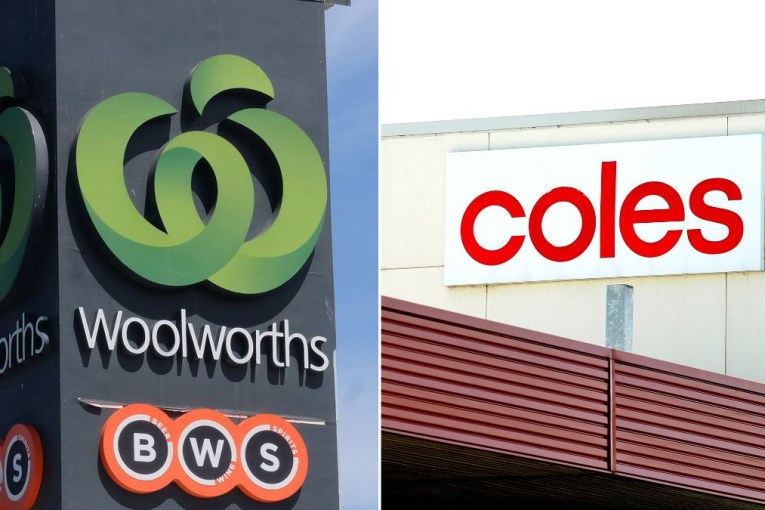Turnbull must grasp the big picture for steel workers

When South Australian Treasurer Tom Koutsantonis updated the public on the fate Arrium’s Whyalla steel works on Friday, one quote summed up an argument that should carry some weight in Canberra.
“I do not believe that Australians want us to become a country where we have vast natural resources and an entire continent to ourselves, but we can’t manufacture our own steel from our own resources. It’s a ridiculous situation,” said Koutsantonis, who also presides over the minerals and energy portfolio.
Yes, it’s ridiculous, but as with the demise the auto manufacturing sector, the forces that have brought this industry to its knees are often ignored by rigid economic thinking, which sees them as just natural effects of globalisation.
• Holden to axe 400 jobs in South Australia
• July election possible: Joyce
• Woolworths posts huge loss
There are two forces at work. Firstly, a global economic slowdown has seen iron ore and steel prices fall dramatically. Secondly, Arrium has been hit by the dumping of cheap Chinese steel into Australia produced by mills that run at a loss.
China is in the process of winding down its excess steel production, but its government is worried that too many job losses at its own steel producers will lead to social unrest.
The ABC reports that the Chinese government plans to “stagger the slow-down over several years, cushioning the blow by continuing to operate the inefficient state-run steel mills, run at a loss”.
Try explaining that to a family in Whyalla, where 1200 Arrium jobs are hanging by a thread. The argument would be “you’re not competitive because you can’t compete with loss-making mills in a centrally-planned economy”.
Is a recovery in sight?
On Friday Arrium announced 30 redundancies at Whyalla, and put a plan to workers to cut their wages (but not their other benefits such as super) by 10 per cent. That, if accepted, will be a temporary fix as part of finding a longer-term solution.
The company is trying to close a $60 million a year gap to make operations viable. Besides the pay-cut plan, they are negotiating a subsidy from the SA and federal governments to get them through the worst of what Koutsantonis calls a “perfect storm”.
But is that money down the drain? Whyalla is the only Australian site to make structural steel, but will it be able to sell that going forward?
Actually, there are some glimmers of hope.
The state government has launched a ‘Save our Steel’ campaign through which it hopes to get other state and local governments, and the federal government, to choose Australian steel over cheaper imports in their procurement policies.

SA Treasurer Tom Koutsantonis.
That would spread the cost of saving Whyalla across the nation.
As Koutsantonis put it at Friday’s media conference, structural steel is a “strategic asset” and “you can’t have 1.6 million [state] tax payers funding a benefit for 24 million tax payers”.
The state government set a precedent for this kind of assistance with Nyrstar’s lead and zinc smelter at Port Pirie.
And it is similar, though smaller, to the plan proposed to keep Holden manufacturing in Australia that was controversially knocked back by the Abbott government.
Turning up the heat on Canberra
Koutsantonis is doing everything he can to pressure the Turnbull government to take the opposite approach to that taken by the Abbott government with Holden.
He said on Friday: “What we’re talking about is a Nyrstar-type solution … where we’ve given that town and the company long-term prosperity by using government guarantees and government investment. That’s what we’re looking for at Whyalla.
“I make no apology for us offering to co-invest in Holden. It was the Commonwealth that decided they didn’t want to put up their share of the money, and they now book that as savings in their budget. We were prepared to invest to save Holden. We’re prepared to invest to save Arrium.”
With so many other spot-fires raging on the Turnbull’s government’s political terrain, it would seem unwise to let another break out in Whyalla.
For one thing, Deputy Prime Minister Barnaby Joyce was a vocal supporter of a Holden bailout in 2013. Inside Cabinet, at least, he is likely to be pushing for a steel bailout.

China’s steel output has stopped growing but is winding down slowly.
For another, there are some signs the global steel price will recover – eventually. Macquarie Bank told clients in a note this week that plunging production volumes in the face of weak demand are probably overdone.
It noted: “Even considering we continue to flirt with a global industrial recession, the weakness in steel output has been surprisingly amplified … Inventory data, both in China and elsewhere, does suggest a relatively aggressive destock – even more than normal – over the past few months.”
If that global industrial recession does not eventuate, therefore, steel production may need to be stepped up again.
Alternatively, if the OECD’s call for a global infrastructure stimulus plan is heeded by its 34 member states, structural steel will once again be in demand.
There are a few ‘ifs’ in there. But if the federal government chooses not to join in the Arrium bailout, it may have trouble explaining to the nation why future large-scale infrastructure projects are built with ‘dumped’ Chinese steel, and why the job queues in South Australia are so long.









